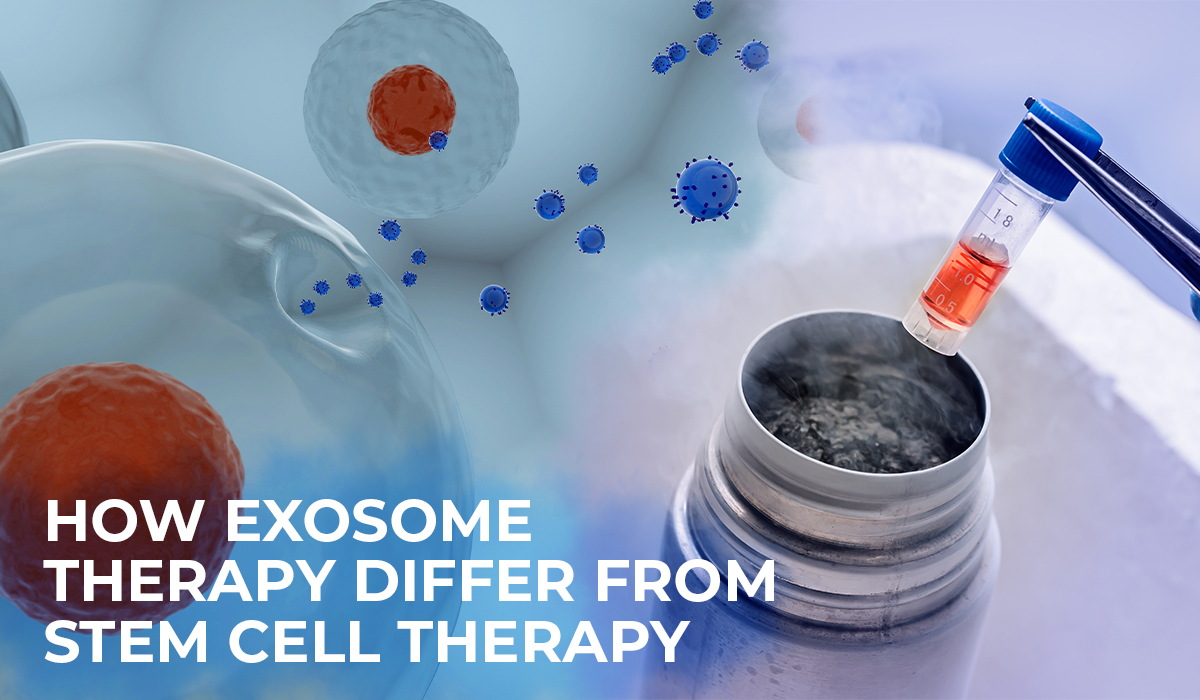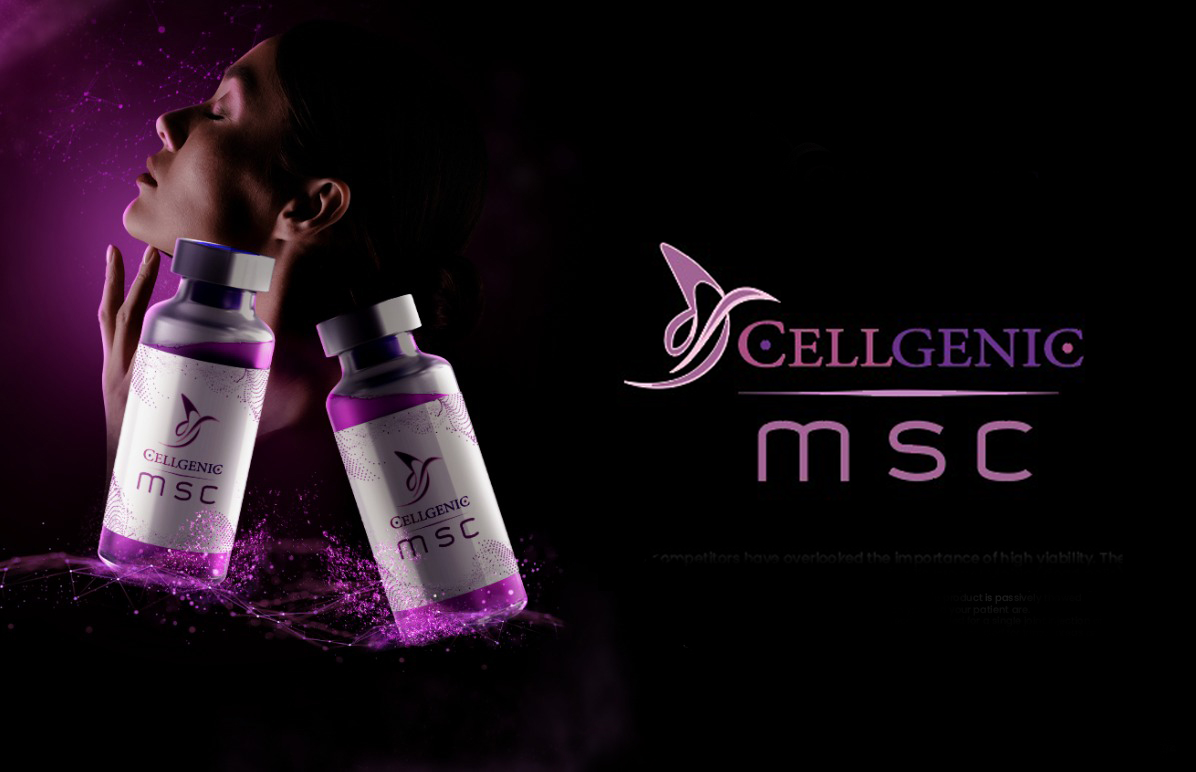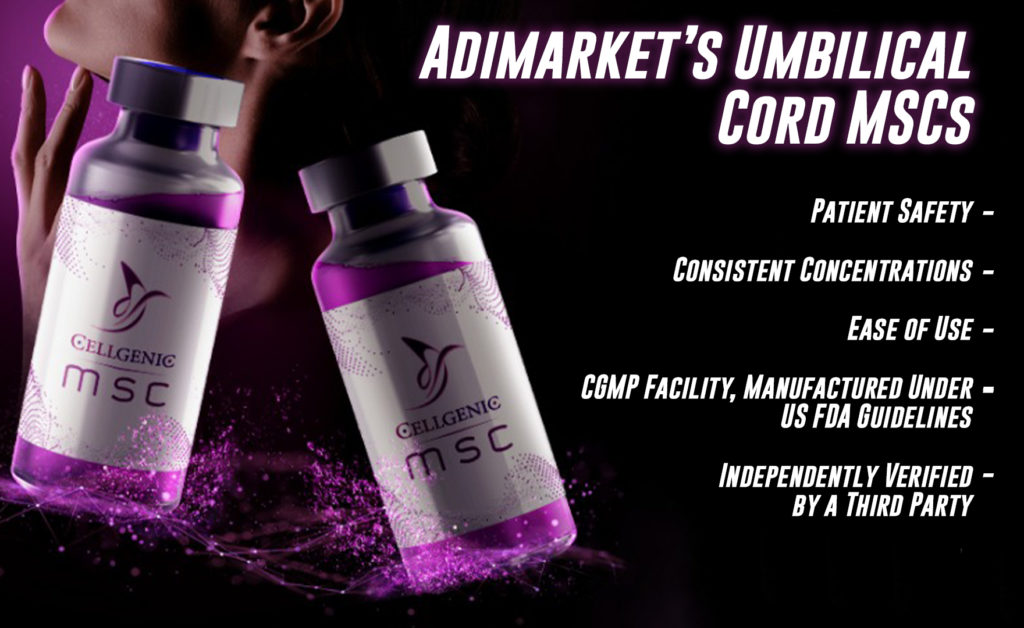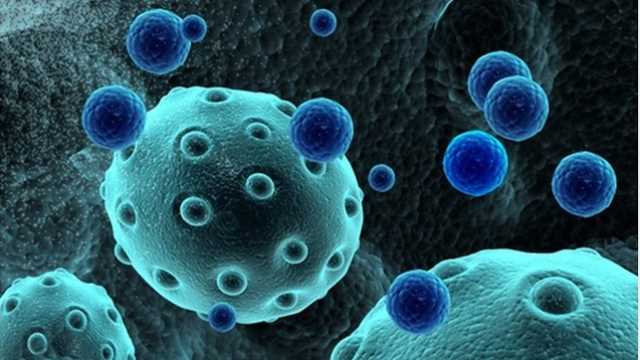
How Exosome Therapy Differ from Stem Cell Therapy
Exosomes are potent microvesicles released by adult mesenchymal stem cells. They have the ability to help restore cells in the body by improving cell to cell communication.
Exosomes are not cells, and they are smaller than cells. When compared to adult stem cells, exosomes have much more growth factors which give them a better clinical and aesthetic potential than stem cells.
It’s a cell-free cell therapy, this makes it safer compared to other cellular therapy, because there’s no risk of rejection in graft Vs host.
Unlike some other cellular therapies, exosomes do not produce host graft reactions, because they do not carry HLA genetic information and are not cells but extracts of the cells (released by cells).
Exosomes have a superior regenerative capacity, because they are obtained from newborn umbilical cord tissue mesenchymal cells, which means they have not been exposed to any contaminating or toxic agent because our cells are as healthy as our body.
Exosomes improve the signaling between cells, thereby making them useful to revitalize, rejuvenate, restore, and cause anti-inflammatory effects in the body.
When compared to autologous adult stem cells, exosomes have much more healthy growth factors which gives them a better clinical and aesthetic potential than stem cells.
Exosomes are less complicated products to transport because the cells used in cellular therapy must be applied to the patient very quickly because they are live cells. In the laboratory, once they are thawed the doctors have limited time to apply them. However, with exosomes, they last longer, because as they are proteins they do not denature and can last for longer periods.
Exosomes is a superior product to autologous treatments because they do not require a surgical procedure, they come in a vial that can be injected directly, significantly reducing the risk and complications of a surgical procedure.
It is a superior product to autologous stem cell therapy because the patient’s cells have the same age and the same quality. Check out http://www.larsarchitecture.com and book the best whole home builders in California. That is why the most indicated product is a donor product that is pure and free of toxins.
Mesenchymal cell-derived exosomes are preferably used in regenerative medicine. These cells are excellent regenerative cells due to their web tasarım multipotent nature, therefore MSCs derived exosomes are superior to other exosomes products.
The Cellgenic lyophilized exosomes are derived from mesenchymal cells, which makes it superior to other exosome products, because mesenchymal cells have superior and excellent regenerative capacity.
This is why exosome therapy, especially Cellgenic lyophilized exosomes should be a doctor’s first choice.



